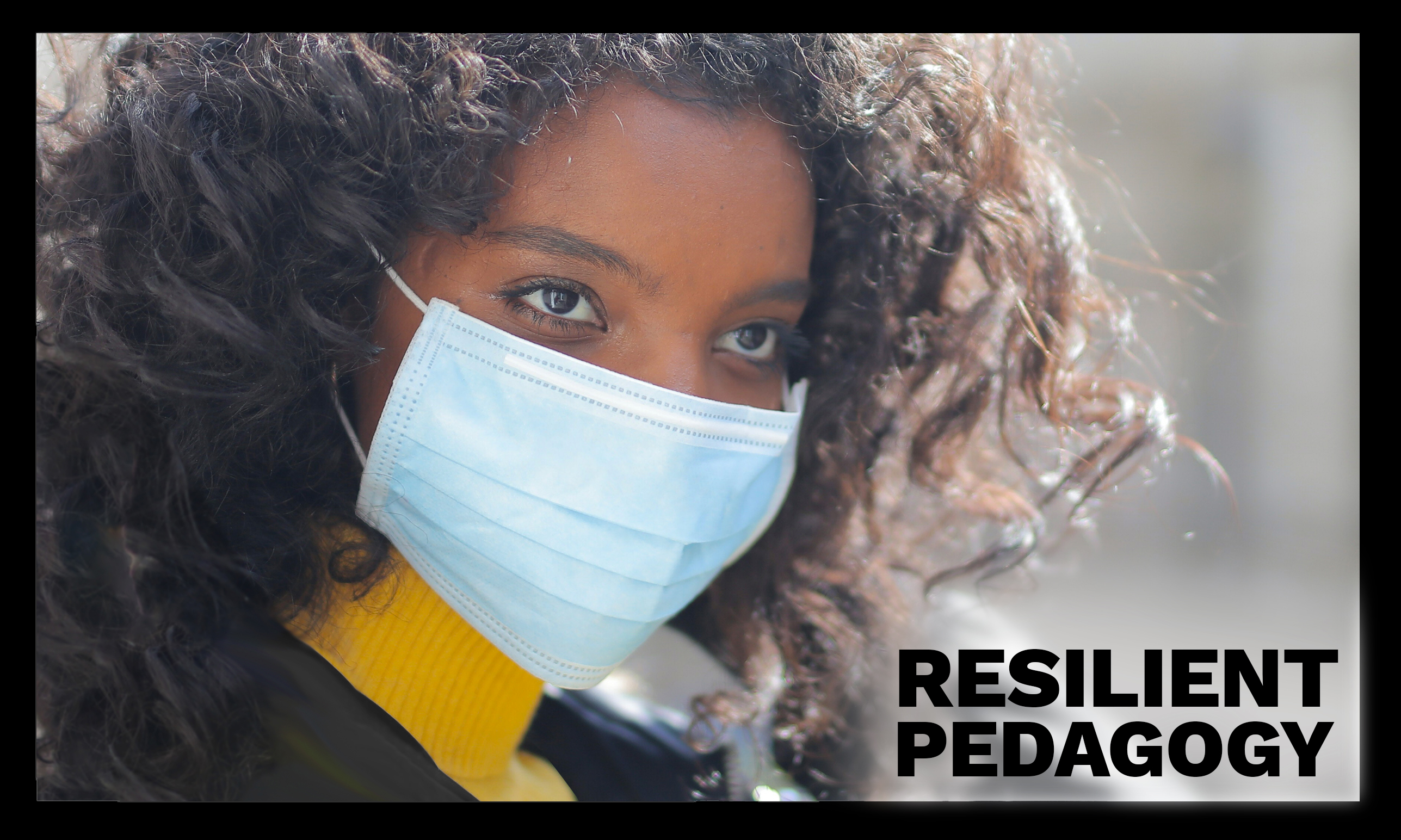
Resilient Pedagogy
Document Type
Chapter
Editor
Travis N. Thurston, Kacy Lundstrom, and Christopher González
Publisher
Utah State University
Publication Date
6-7-2021
First Page
187
Last Page
201
Creative Commons License

This work is licensed under a Creative Commons Attribution-Noncommercial-No Derivative Works 4.0 License.
Abstract
Personal, environmental, and academic factors contribute to student persistence and retention in college environments in varying and, importantly, intersecting ways. As educators determine what supporting student success in a post-COVID-19 world looks like, it is important to consider how these factors become all the more complicated by the new challenges raised with ubiquitous remote or hybridized learning. The global shift to online learning has opened tremendous gaps in experiences that students might have in learning, working, living, and socializing online. Some students may lack access to laptop computers for learning, while others may not have sufficient broadband access to connect online from their homes. Students with disabilities may not have access to the same kinds of accommodations they receive on campus; other students may find themselves better served by a remote learning environment. It is clear that ubiquitous remote or hybridized learning amplifies inequities that likely existed before the COVID-19 pandemic while potentially revealing an even more diverse array of learning concerns that college educators may not have considered prior to this unprecedented historic moment.
Recommended Citation
Cohn, J. (2021). Building online toolkits to support the development of academic skills and digital literacies. In Thurston, T. N., Lundstrom, K., & González, C. (Eds.), Resilient pedagogy: Practical teaching strategies to overcome distance, disruption, and distraction (pp. 187-201). Utah State University. https://doi.org/10.26079/a516-fb24.
Included in
Higher Education Commons, Online and Distance Education Commons, Teacher Education and Professional Development Commons


Comments
View in html or various e-book formats.